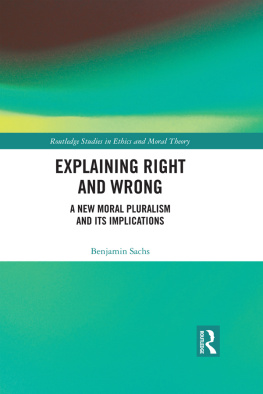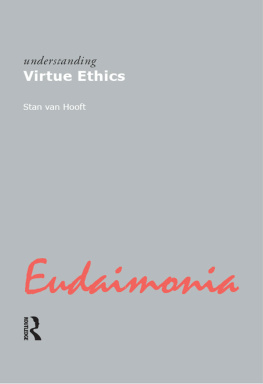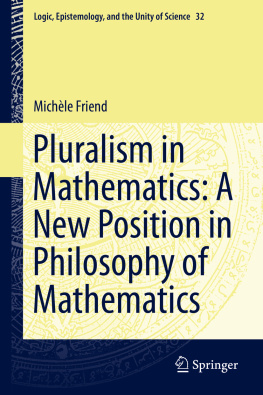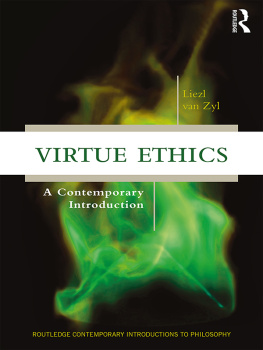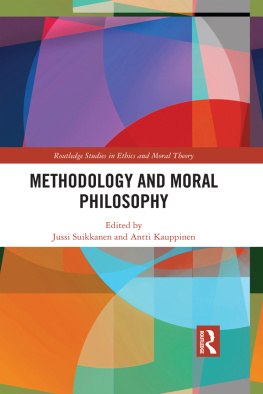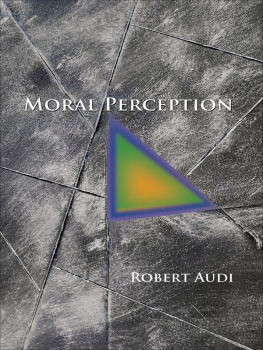First published 2018
by Routledge
711 Third Avenue, New York, NY 10017
and by Routledge
2 Park Square, Milton Park, Abingdon, Oxon OX14 4RN
Routledge is an imprint of the Taylor & Francis Group, an informa business
2018 Taylor & Francis
The right of Benjamin Sachs to be identified as author of this work has been asserted by him in accordance with sections 77 and 78 of the Copyright, Designs and Patents Act 1988.
All rights reserved. No part of this book may be reprinted or reproduced or utilised in any form or by any electronic, mechanical, or other means, now known or hereafter invented, including photocopying and recording, or in any information storage or retrieval system, without permission in writing from the publishers.
Trademark notice: Product or corporate names may be trademarks or registered trademarks, and are used only for identification and explanation without intent to infringe.
Library of Congress Cataloging-in-Publication Data
Names: Sachs, Benjamin, author.
Title: Explaining right and wrong : a new moral pluralism and its
implications / by Benjamin Sachs.
Description: 1 [edition]. | New York : Routledge, 2017. | Series:
Routledge studies in ethics and moral theory ; 43 | Includes
bibliographical references and index.
Identifiers: LCCN 2017044434 | ISBN 9781138307353
(hardback : alk. paper)
Subjects: LCSH: EthicsMethodology. | Normativity (Ethics)
Classification: LCC BJ37 .S23 2017 | DDC 170/.44dc23
LC record available at https://lccn.loc.gov/2017044434
ISBN: 978-1-138-30735-3 (hbk)
ISBN: 978-1-315-14230-2 (ebk)
Typeset in Sabon
by Apex CoVantage, LLC
This book contains several original arguments and thought-provoking ideas. The primary argument about moral theorizing as an explanatory endeavour binds moral theory, normative ethics, and applied ethics into a unique argumentative field that paves the way for many important, distinct, and novel insights that the author discusses. All this opens new ground for future debates in the field.
Vojko Strahovnik , University of Ljubljana
Routledge Studies in Ethics and Moral Theory
For a full list of titles in this series, please visit www.routledge.com
34 The Intrinsic Value of Endangered Species
Ian A. Smith
35 Ethics and Social Survival
Milton Fisk
36 Love, Reason and Morality
Edited by Esther Engels Kroeker and Katrien Scaubroeck
37 Virtues Reasons
New Essays on Virtue, Character, and Reasons
Edited by Noell Birondo and S. Stewart Braun
38 In Defense of Moral Luck
Why Luck Often Affects Praiseworthiness and Blameworthiness
Robert J. Hartman
39 Risk, Technology, and Moral Emotions
Sabine Roeser
40 Wittgensteins Moral Theory
Edited by Rashef Agam-Segal and Edmund Dain
41 Welfare, Meaning and Worth
Aaron Smuts
42 Moral Skepticism
New Essays
Edited by Diego E. Machuca
43 Explaining Right and Wrong
A New Moral Pluralism and Its Implications
Benjamin Sachs
Contents
Guide
Appendix A
Moral Meta-Explanation
I begin by reproducing the table that appears in 2 of :
| Natural Way to Represent the Theory, on which the Key Non-Normative Fact is a Ground of Verdictive Facts | Alternative Way to Represent the Theory, on which the Key Non-Normative Fact Identifies the Circumstances Under Which, and the Explanation as to Why, Other Non-Normative Facts Ground the Verdictive Facts |
|
A CT-
CONSEQUENTIALISM | All verdictive facts are grounded in facts about the maximization of the good. | Non-normative facts X, Y, and Z each can ground the fact that some action is/isnt permissible, and in fact do ground that fact just when, and because, that action does/doesn't maximize the good. |
| K ANTIANISM | All verdictive facts are grounded in facts about obeying or not obeying the Categorical Imperative. | Non-normative facts X, Y, and Z each can ground the fact that some action is/isnt permissible, and in fact do ground that fact just when, and because, that action does/ doesnt accord with the Categorical Imperative. |
C ONTRACTARIANIS/
C ONTRACTUALISM | All verdictive facts are grounded in facts about what could be agreed to under certain circumstances. | Non-normative facts X, Y, and Z each can ground the fact that some action is/isnt permissible, and in fact do ground that fact just when, and because, that action is/isnt in accord with what could be agreed to under certain circumstances. |
This table lays out a common sense and an alternative interpretation of each of three main varieties of moral monism. Under the alternative interpretations, the key non-normative fact around which each variety of moral monism is constructed is construed not as an explainer of verdictive facts but rather as a meta-explainerthat is, as a fact whose instantiation or lack thereof explains why other facts can explain the verdictive facts.
The main attraction of having a theory of meta-explainers is that it gives us the ability to explain why enabling and disabling happen, when they happen, which are phenomena that cry out for explanation. Suppose, for instance, that Jones tells a lie, and that we think that the fact that an utterance is a lie can explain the impermissibility of that utterance, but in this case Joness lie actually wasnt impermissible, and there was no other factor in the case that could have overridden the moral force of the fact that Jones lied. Here we have a case in which something must have disabled the explanatory power of the fact that Joness action was the telling of a lie. A meta-explanatory theory would not only identify the disabler but also explain why it can do its disabling work. For instance, if Joness lie was about the strength of the poker hand he was holding, the act-consequentialist can say, plausibly, that the telling of that lie did not lead to lesser overall good as compared to Joness alternative courses of action. This fact is a disabler for act-consequentialism as we are now understanding it, and the act-consequentialist can explain why it does its disabling work, namely because the explanatory force of the fact of lie-telling is explained by the explanatory force of reducing the overall good.
I admit that we should want an explanation of why certain facts can do enabling and disabling work and that this speaks in favor of adopting a theory of moral meta-explanation (i.e., a theory of the type that appears in the right-hand column of ), but I insist nevertheless that we should not adopt any such theory. The trouble is this: Any plausible moral meta-explanation is likely to strike us as an even more plausible moral explanation. To take up the poker example again, suppose that telling a lie in the context of a poker game doesnt reduce the overall good as compared to other possible courses of action. Now the question becomes, what explanatory role, if any, does such a fact play? One possibility is to assign it the meta-explanatory role. But another possibility is to assign it the explanatory role, by which I mean saying that the fact that an action doesnt reduce the overall good as compared to other possible actions can ground the permissibility of that action, and then pointing out that in the poker case Joness lie has that feature. I doubt anyone will want to take former course once they recognize the availability of the latter course.

